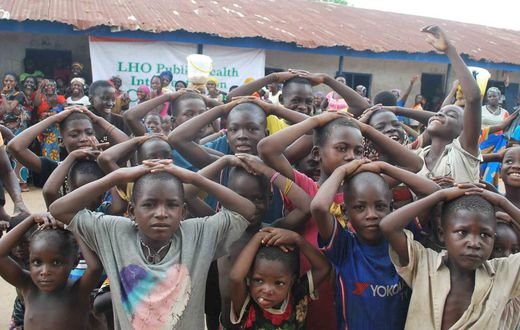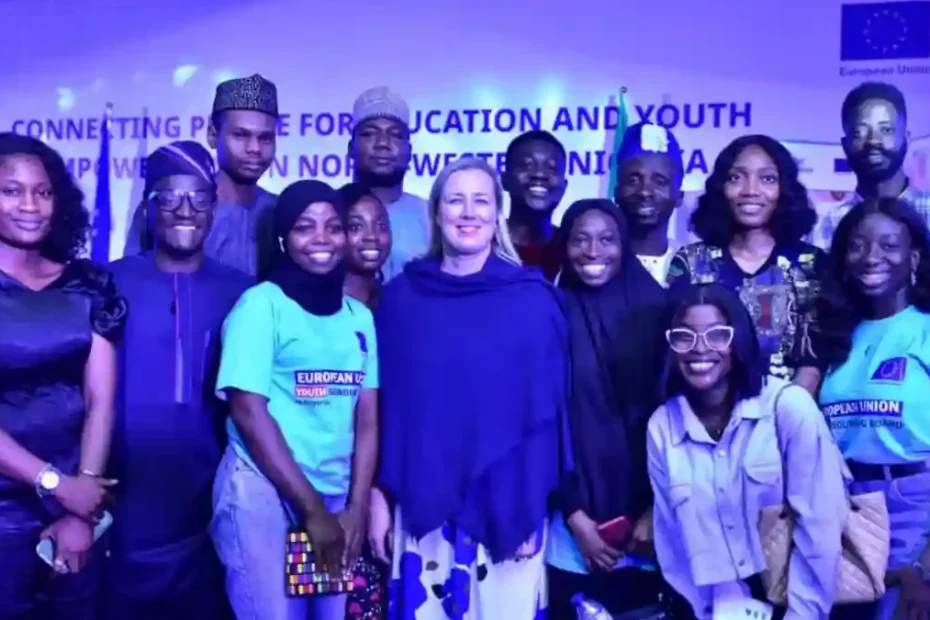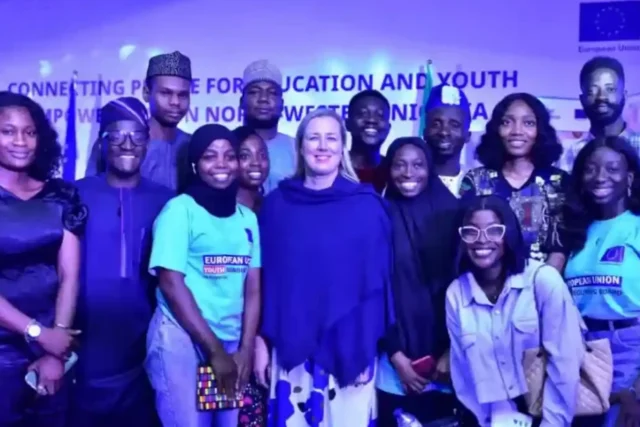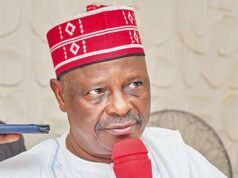In Abuja yesterday, the Federal Government (FG) and the European Union (EU) formally launched a bold new initiative designed to confront Nigeria’s deepening out-of-school crisis. Worth €40 million, the programme seeks to reverse alarming enrolment gaps in the North-West, particularly in Jigawa, Kano and Sokoto States, through a blend of education, teacher development and youth skills training.
The event marked the inauguration of a National Programme Steering Committee, which will guide and monitor the project’s rollout. The committee is chaired by the Minister of Education, Dr Tunji Alausa, and co-chaired by the Minister of Budget and Economic Planning, Atiku Bagudu. Its mandate is to ensure that funds are used effectively, progress is tracked rigorously, and results feed into national education reform.
Speaking during the inauguration, the Permanent Secretary of the Ministry of Education, Abel Enitan (represented by Dr. Usman Ejeh), praised the EU’s enduring commitment to Nigeria’s education sector. He stressed that the programme — dubbed “Education and Youth Empowerment in North-West Nigeria” (EYEPINN) — is one among several interventions aimed at increasing access, improving quality, and promoting resilience across the school system.

Table of Contents
Tackling gaps: priorities, actors and accountability
According to the Ministry, EYEPINN will target the most persistent challenges hampering education in the region: rampant out-of-school numbers, inadequate teacher capacity, fragile learning environments, and the high rate of youth under-employment. The programme also places emphasis on integrating non-formal education pathways, nomadic schooling and Quranic centres, to reach children who are often left out of conventional models.
The EU Delegation in Nigeria, with its Human Development team, underscored the significance of EYEPINN as its first standalone education intervention designed in close alignment with national priorities. Leila Ben Amor Mathieu, Team Leader, affirmed that although the EU already supports education via regional programmes, this €40 million initiative is deliberate — tailored, high-profile, and built to complement existing efforts.
As Mathieu put it: “We have aligned this project with the Ministry to serve the real needs of Nigerians.” She also confirmed that the intervention would stop short of secondary education, focusing squarely on basic education and foundational skills — especially for marginalised groups.
Key implementing partners include UNICEF, Plan International, DIME, and the Ministry’s technical teams. UNICEF’s Chief of Education, Vanessa Lee, predictably welcomed the timing of the intervention, saying it comes at a “critical moment” in Nigeria’s education reform journey. She reiterated UNICEF’s support for data transformation, financing reform, teacher training, community engagement and scaling up literacy and numeracy.
Civil society voices also expressed optimism. Dr Charles Usie, Country Director of Plan International, described the launch as “a day of renewed hope” for children hitherto denied schooling. Duncan Harvey of Save the Children echoed that every child, regardless of location or circumstance, deserves quality basic education.
Given the ambition, oversight is crucial. Beyond annual strategic meetings, quarterly technical reviews are built into governance architecture, and a dedicated secretariat — managed by the EU’s technical assistance team — will facilitate coordination among federal, state and local actors. The aim is not merely oversight, but real-time course correction and alignment.
The crisis is deep: magnitude, causes and stakes
Nigeria’s out-of-school challenge is not new — but it is intensifying, especially in the North-West. Current estimates suggest that more than 20 million children across the country are not in school, with a disproportionately large share in states like Kano, Sokoto and Jigawa. These states are grappling with overlapping crises of insecurity, poverty, and weak educational infrastructure.
In many rural areas, families face difficult trade-offs: sending children to distant schools might expose them to danger or entail prohibitive transport costs. In some communities, cultural norms or gender biases further weaken enrolment, especially for girls. Some locations also lack a sufficient number of trained teachers or safe, proper school buildings.
Those who do enrol still confront challenges: classrooms tend to be overcrowded, learning materials scarce, and teacher support minimal. In conflict-affected or fragile zones, schools may be targets of attacks or closures, disrupting continuity.
The consequences of mass exclusion are grave. When millions of children are denied consistent schooling, the country risks a lost generation — one without foundational literacy, critical thinking or job-ready skills. Unemployed youth populations can compound social strain, fuel restiveness, and limit national development.
Thus, the stakes for EYEPINN are high: can a €40 million intervention begin to shift the trajectory?

What will success look like — and what hurdles lie ahead?
To make a tangible impact, this ambitious programme must translate funding into outcomes: more children in school, better teaching, safer learning environments, and more youth equipped with skills for employment.
Success, in concrete terms, could include:
- measurable reduction in the number of out-of-school children in the targeted states,
- improved teacher competence and retention,
- construction or rehabilitation of classrooms, sanitation and learning resources,
- establishment of flexible learning centres or mobile schools for nomadic or displaced populations,
- youth vocational training that links learners to income opportunities.
However, the pathway is strewn with challenges. First, coordination among federal, state and local governments is historically weak — overlapping mandates and funding gaps could stall implementation. Ensuring consistent political will at all levels will be essential.
Second, security and instability remain serious impediments, particularly in regions where banditry or other conflicts disrupt schooling. Without parallel efforts to improve community safety, progress might be piecemeal.
Third, accountability is always a risk. Monitoring and evaluating effective utilisation of funds in remote areas is fraught, and corruption or leakages could erode impact if not checked robustly.
Fourth, sustainability beyond the lifespan of the project is crucial. After EU support ends, can states and local governments take over operations? Capacity building must include systems that survive donor cycles.
Finally, community engagement is vital. Any such programme must meaningfully involve parents, traditional leaders, teachers, students and local NGOs. Without grassroots ownership, the interventions risk being seen as external impositions.
That said, the foundation is promising. The inclusion of governance structures, clear oversight mechanisms, and involvement of established institutions like UNICEF and Plan International provides a starting point. If political commitment holds, the baseline is set.

Looking ahead: hope, accountability, transformation
The inauguration of the National Programme Steering Committee signals a moment of optimism: for a region long battling educational exclusion, for children whose futures have been paused, and for a country grappling with how to invest in its greatest asset — its youth.
That said, much work lies ahead. For FG, EU tackle out-of-school crisis with €40m to move from slogan to success, the synergy between donors, government, civil society and communities must be seamless. Every euro, every policy meeting and every classroom must count.
Over the coming months, Nigerians will keenly watch whether the lofty ambitions bear fruit — whether children once excluded can be drawn into vibrant learning and whether a new generation of teachers and skilled youth can help transform the North-West and Nigeria at large.
Join Our Social Media Channels:
WhatsApp: NaijaEyes
Facebook: NaijaEyes
Twitter: NaijaEyes
Instagram: NaijaEyes
TikTok: NaijaEyes
READ THE LATEST EDUCATION NEWS





